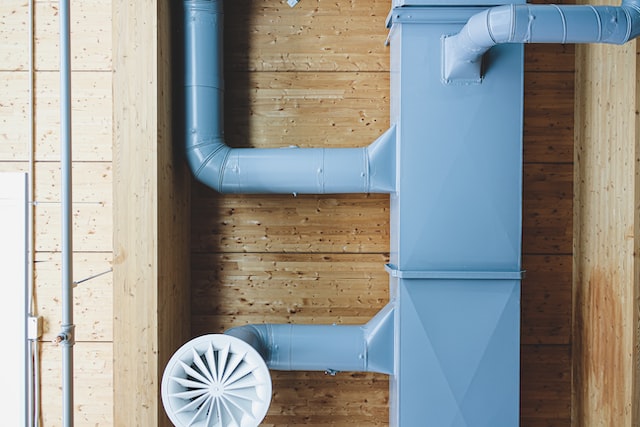There are a few different things to consider when you’re looking to purchase a residential water heater. These include the size, maintenance, and installation requirements. Also, the type of fuel you use should be a consideration, as well as energy mandates.
Proper installation
Whether installing a new water heater or repairing a broken one, it’s essential to follow the proper installation procedures. Doing the job correctly is crucial for your safety and can protect your home.
First, ensure that the water supply line is off and the gas valve is in the off position. If replacing a water heater, secure the new one that meets the local plumbing code.
A water heater is usually attached to a hotline with a union fitting. You will need a soldering iron to make the connection. Be sure to use a tubing cutter to cut the tube.
The water heater should be raised off the ground. It prevents it from making contact with the ground, which can damage the unit.
Cost of fuel source
When you have a water heater, it is vital to understand the cost of the fuel source. By understanding the costs of fuel sources, you can make a more informed decision about the type of water heater to install.
The fuel source for a residential water heater can be either natural gas, propane, or electricity. Each type has a different unit price.
To calculate the cost of a fuel source, you need to know the total hot water production you will use each year. It can be determined by using a calculator. You will need to convert this amount into many kWh. A suitable method for determining the cost per kWh is multiplying the yearly consumption by the energy factor.
The energy factor is a calculation of how efficient your water heater is. It compares the amount of hot water it produces daily to the fuel it consumes. Generally, a higher energy factor means a more efficient water heater.
Size
Residential water heaters San Francisco Ca come in a wide range of sizes. The size is determined by the number of occupants in the home and the amount of hot water required. Whether buying a new one or replacing an old one, knowing what size you need is essential.
If you need help determining your size, your best bet is to contact an expert. They can choose which tank will be the most effective and energy-efficient for your home. You’ll also want to find the right size if you use more than one hot water appliance.
You’ll also need to take into account the space you have available. Tank-style water heaters require a large amount of space to be installed. Choosing a heater that is too small can lead to premature breakdowns or insufficient hot water.
Efficiency mandates
If you’re looking for a new residential water heater, you’ll want to make sure you’re choosing one that meets efficiency mandates. The new standards are expected to help reduce greenhouse gas emissions and energy consumption.
These efficiency mandates will go into effect in April 2015 and affect all water heaters manufactured after that date. As a result, gas-fired and electric water heaters manufacturers will be forced to redesign their products. Some models will also be required to use heat pumps.
In addition to helping consumers save money, the new standards will also decrease air pollution. They will prevent the release of harmful nitrogen oxides and mercury.
The average household uses nearly 20 percent of its energy on heating water. The Department of Energy estimates that the energy savings from the new standards could be as high as $300 per year.
Proper maintenance
Proper residential water heater maintenance can prolong its life and ensure it runs efficiently. It prevents you from having to spend money on expensive repairs. It can also help you avoid unexpected cold showers.
A water heater is one of a home’s most commonly used appliances. You can expect eight to twelve years of use out of a typical model. However, proper maintenance can extend its life by a few months or even a few years.
A professional plumbing service can perform regular maintenance on your water heater or do it yourself. The best way to do it is to follow a few simple steps.
First, check your water heater for leaks. If you notice water dripping from the tank, then you’re likely experiencing a problem. Another indication is that the water isn’t coming out of the drain valve.




